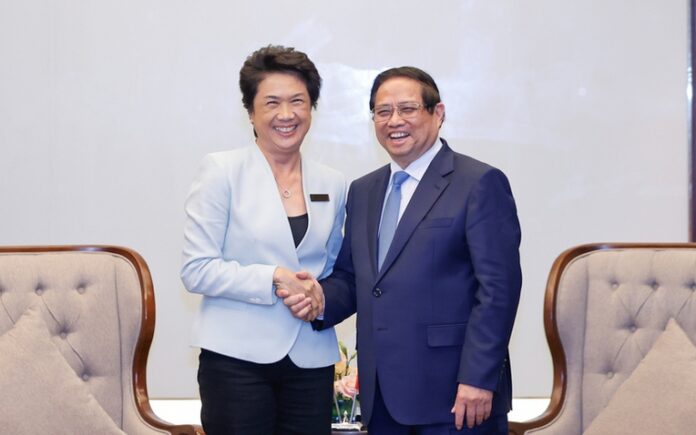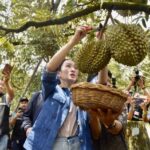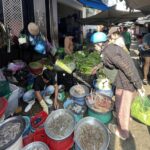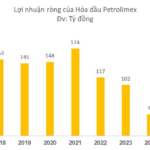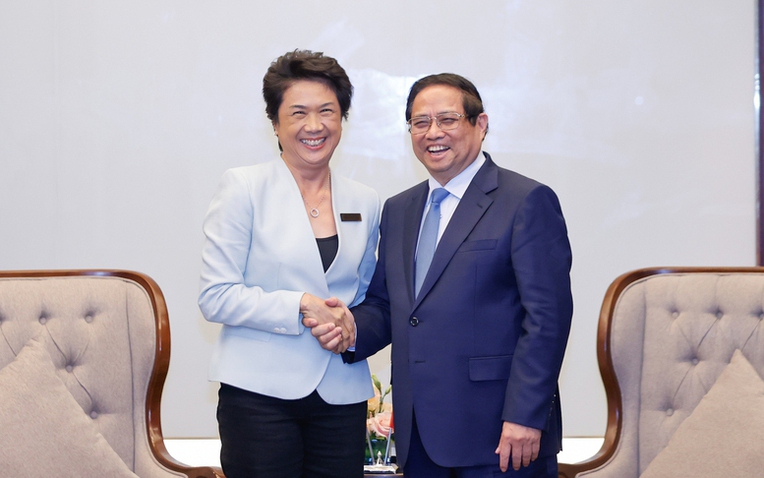
Prime Minister meets with Ms. Somhatai Panichewa, CEO of AMATA Corporation. Photo: VGP
On the afternoon of May 16 in Hanoi, Prime Minister
Pham Minh Chinh
met with leaders of
7 leading Thai corporations and businesses
accompanying Thai Prime Minister Paetongtarn Shinawatra on her official visit to Vietnam (from May 15-16).
The leaders of the seven large Thai corporations included: Mr. Thammasak Sethaudom, Chairman and CEO of SCG Corporation; Mr. Soopakij Chearavanont, Chairman of Charoen Pokphand (CP) Group; Ms. Somhatai Panichewa, CEO of AMATA Corporation; Ms. Jareeporn Jarukornsakul, Chairperson and CEO of WHA Corporation; Mr. Ton Chirathivat, Digital Director and Founding Family Member of Central Retail Corporation; Mr. Chongrak Rattanapian, Chairman of Kasikornbank; and Mr. Jormsup Lochaya, Chairman of Super Energy Corporation. These businesses have already established investment projects in Vietnam.
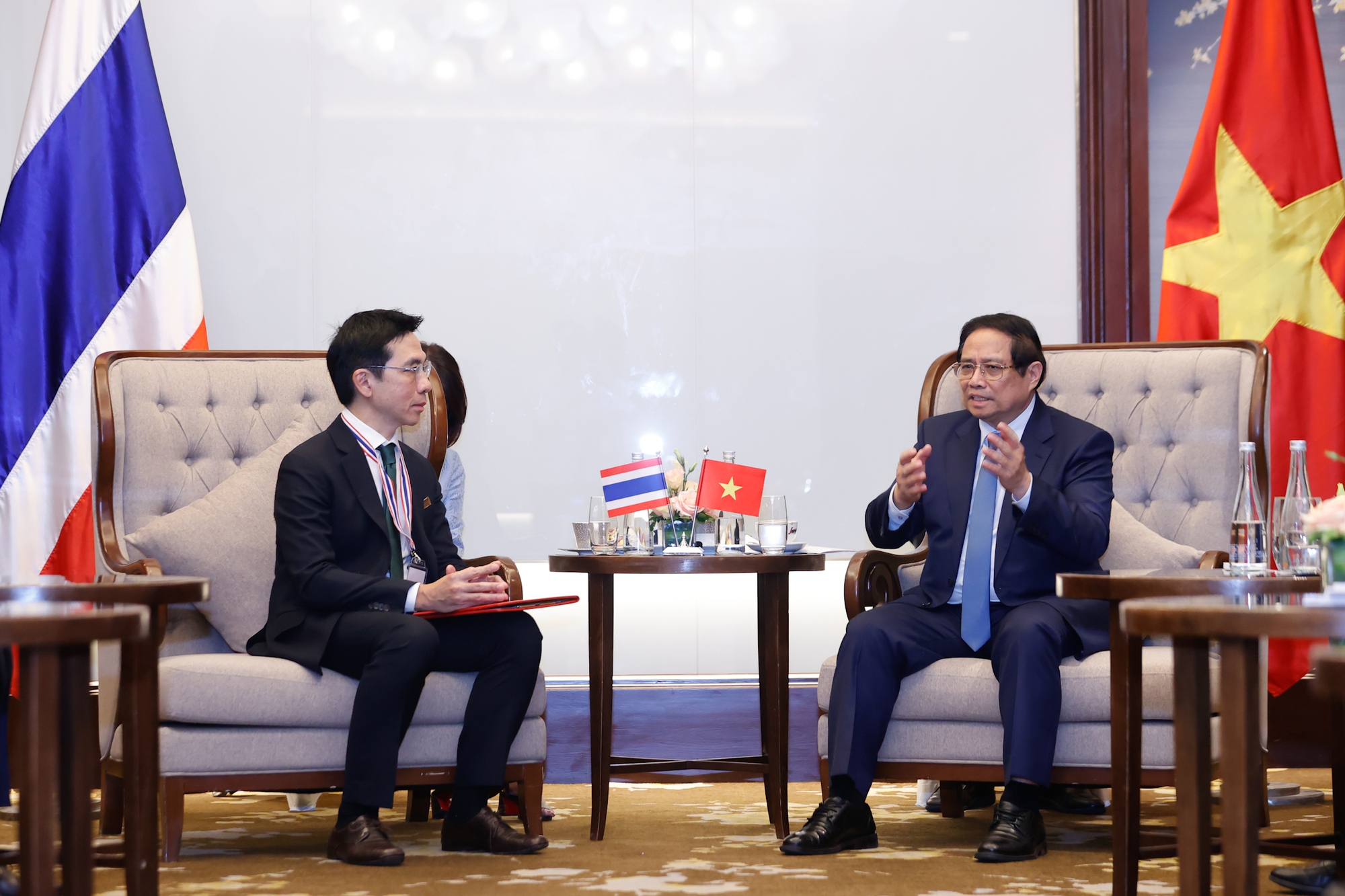
Prime Minister meets with Mr. Ton Chirathivat, Digital Director and Founding Family Member of Central Retail Corporation. Photo: VGP
During the meetings, the representatives of the Thai corporations highly appreciated Vietnam’s determination and recent efforts in implementing strategic breakthroughs, such as streamlining the apparatus, reforming institutions and administrative procedures, and striving for strong development in the new era. They also expressed their confidence in Vietnam’s ability to overcome current challenges and continue on its development path.
Notably, the businesses thanked the Vietnamese government and local authorities for their supportive accompaniment.
They affirmed their commitment to maintaining long-term operations and expanding their investments in Vietnam,
while also providing some recommendations to expedite the implementation of their projects.
What important affirmation did the Prime Minister make?
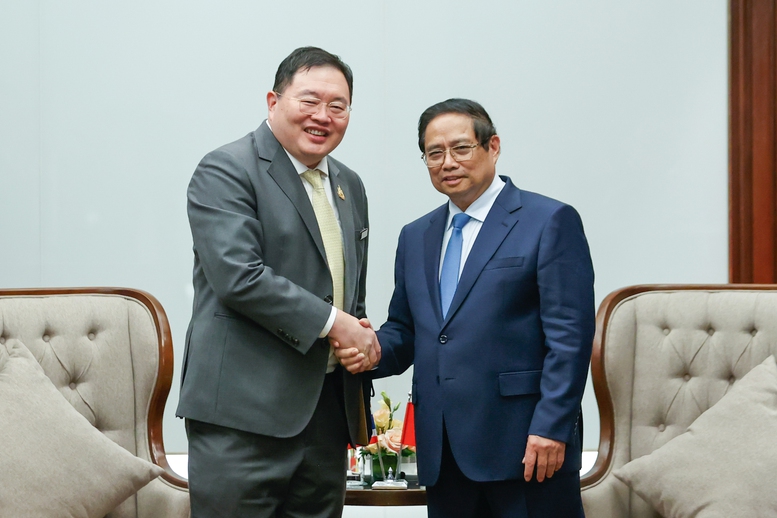
Prime Minister meets with Mr. Thammasak Sethaudom, Chairman and CEO of SCG Corporation. Photo: VGP
At the meetings, the Prime Minister appreciated the efforts and long-term commitments of the corporations in investing and developing their businesses in Vietnam, thereby positively contributing to the economic cooperation and friendship between the two countries.
Given the complex developments in the global economy, the Vietnamese government is implementing various solutions to “turn crises into opportunities,”
with a determination to achieve growth of over 8% in 2025 and a two-digit rate in the 2026-2030 period.
Accordingly, Vietnam is focusing on the vigorous and effective implementation of three strategic breakthroughs in institutions, infrastructure, and human resources, ensuring “open institutions, smooth infrastructure, and smart governance.” The country is also promoting the development of science and technology, innovation, and digital transformation. Notably, the development of the private economic sector is considered the most important driving force of the national economy.
The Prime Minister suggested that the Thai corporations and banks continue to expand their operations and investments in their fields of strength and in new areas such as the digital economy, green economy, circular economy, emerging industries, and high technology.
According to the Prime Minister, Vietnam is undergoing robust reforms to expedite land clearance and administrative procedures for projects. Therefore, investors also need to fulfill their commitments and actively, promptly, and efficiently implement their projects.
The head of the government requested the corporations and banks to first use their experience and network of partners to support the attraction of reputable Thai and foreign businesses to explore and implement effective investment projects in Vietnam.
Secondly, they should enhance cooperation with Vietnamese enterprises to help improve technology, techniques, management skills, and human resources, especially high-quality personnel, and jointly participate in regional and global value chains.
Thirdly, they should provide support and consultations to help the government further improve institutions and policies to create a favorable environment for investors.
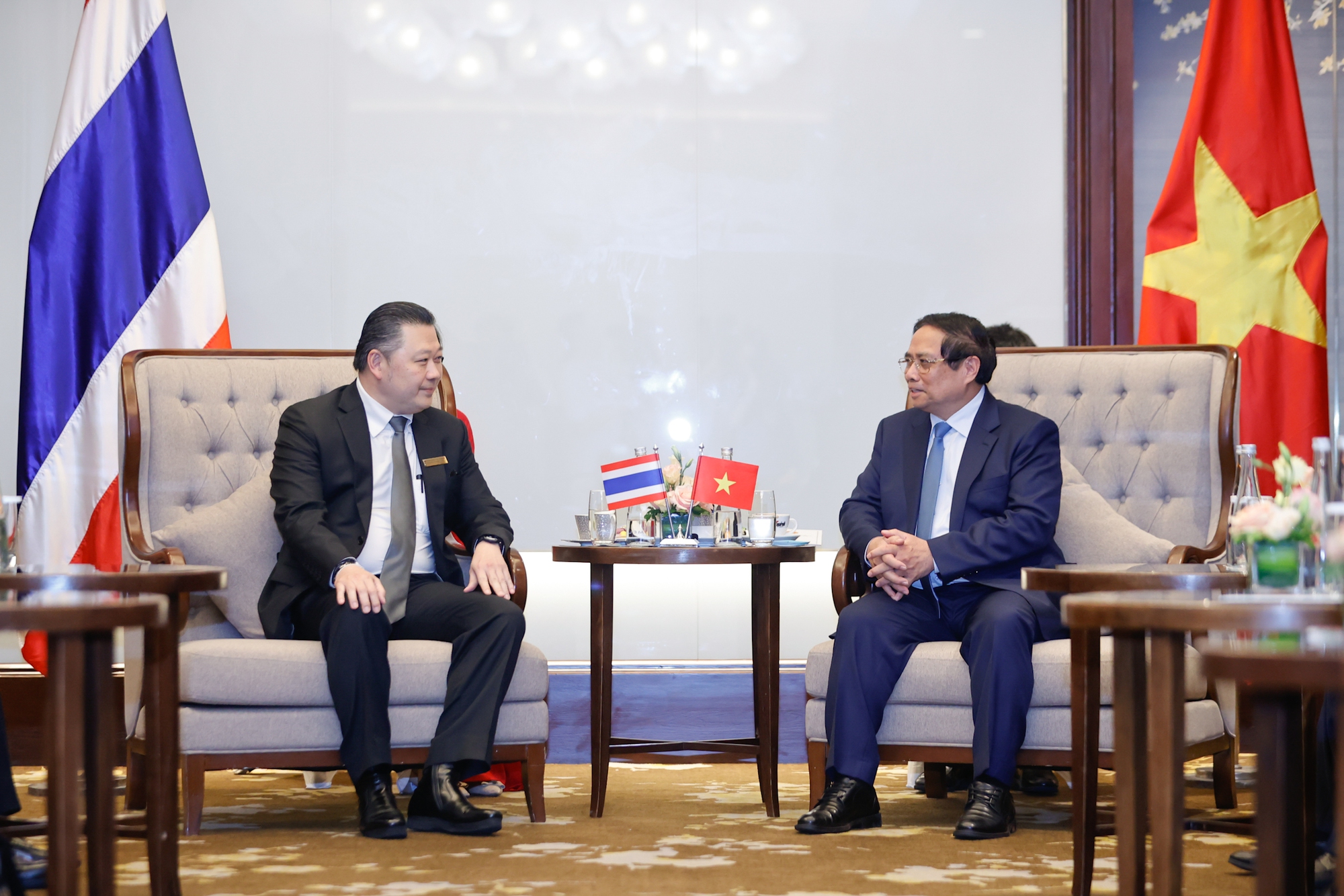
Prime Minister meets with Mr. Soopakij Chearavanont, Chairman of Charoen Pokphand Group. The Prime Minister emphasized that agriculture is crucial to Vietnam’s development, and CP’s activities in Vietnam are in line with this trend, especially with the rapid expansion of Vietnam’s export markets worldwide. Photo: VGP
Regarding CP, Thailand’s largest private corporation, the Prime Minister stressed that agriculture is indispensable in Vietnam’s nation-building and development. In Vietnam’s strategy for the coming years and even the next century, agriculture will remain a crucial pillar. This sector should be developed towards high-tech, eco-friendly agriculture, with civilized farmers and modernized rural areas. Therefore, CP’s activities in Vietnam are in line with this trend, especially with the rapid expansion of Vietnam’s export markets worldwide.
The Prime Minister suggested that CP Group promote the application of high technology, digital transformation, and labor productivity improvement, while maximizing the use of local raw materials and human resources, including Vietnamese leaders and managers, to reduce costs. The group should also sign long-term contracts with raw material regions, deepen the processing of Vietnam’s strength and branded agricultural products, and take advantage of the markets from FTAs that Vietnam has signed.
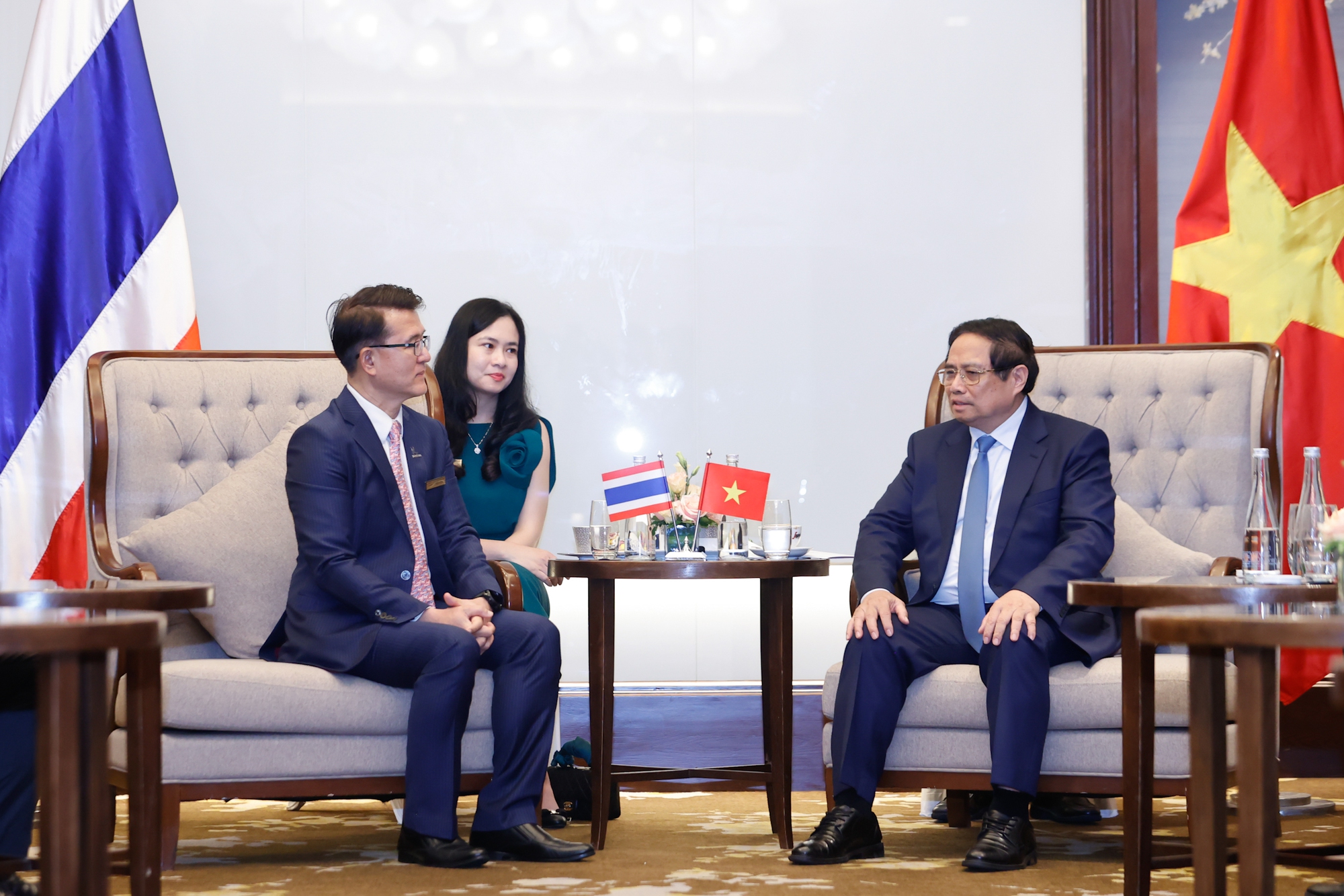
Prime Minister meets with Mr. Chongrak Rattanapian, Chairman of Kasikornbank. Photo: VGP
For Kasikornbank, the Prime Minister suggested that the bank participate in the development of international financial centers in Ho Chi Minh City and Danang, as well as in the restructuring of weak credit institutions.
The Prime Minister affirmed that, with the spirit of “harmonious interests and shared risks,” the Vietnamese government will always accompany and create favorable investment conditions for businesses and investors, including Thai investors, so that they can succeed in their business endeavors while complying with laws and contributing to the development and prosperity of the two countries.
Regarding the proposals of the businesses, the Prime Minister directed the relevant ministries and sectors to promptly address them with specific deadlines for completion. He assigned Deputy Minister of Finance Nguyen Thi Bich Ngoc as the head of a task force to continue resolving the difficulties and obstacles faced by Thai businesses in Vietnam.
The Prime Minister suggested that Thai businesses in Vietnam also aim for double-digit growth and efficient operations. He emphasized that Vietnam must first succeed in creating an ecosystem for businesses and investors to succeed, and their success will, in turn, contribute to Vietnam’s success.
What are the investment areas of the 7 leading Thai corporations in Vietnam?
Firstly,
SCG (Siam Cement Group)
is one of the leading industrial corporations in Southeast Asia. The group was established in 1913 in Thailand. In Vietnam, SCG has invested in a petrochemical complex project in Long Son Commune, Ba Ria-Vung Tau Province,
with a total investment of over $5 billion,
which has been completed, put into operation, and is currently being expanded. This is considered the largest FDI project in Ba Ria-Vung Tau Province and one of the largest in the country.
Secondly,
Charoen Pokphand (CP) Group
is Thailand’s largest private corporation, founded in 1921 in Bangkok. CP Group operates in Vietnam through integrated agriculture, industry, and food businesses.
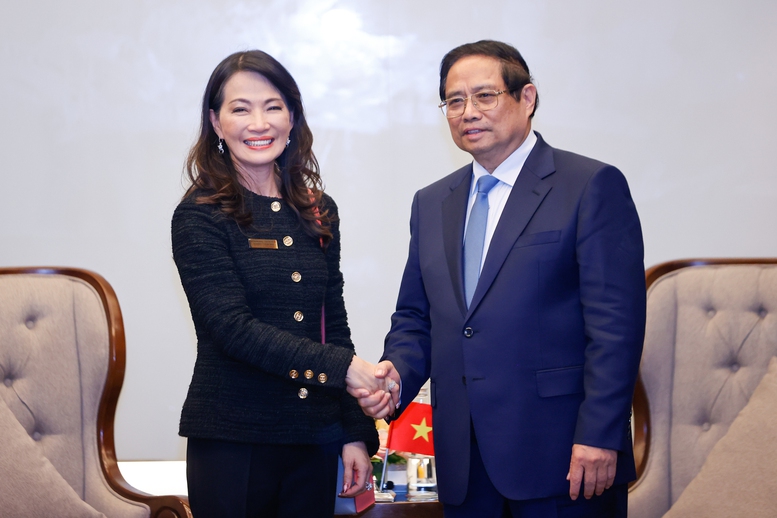
Prime Minister meets with Ms. Jareeporn Jarukornsakul, Chairperson and CEO of WHA Corporation. Photo: VGP
Thirdly,
AMATA
is one of the leading industrial park developers in Thailand and Southeast Asia. In Thailand, AMATA owns and manages large-scale industrial parks such as Amata City Chonburi and Amata City Rayong, attracting hundreds of multinational corporations. In the Vietnamese market, AMATA has seven projects with a total investment of $860 million,
attracting 220 multinational investors with a total registered capital of about $6.7 billion and creating more than 60,000 jobs.
Fourthly,
WHA Corporation
is a leading developer in Thailand and Southeast Asia in the fields of logistics infrastructure, industrial real estate, utilities, and energy solutions, and digital solutions, with total assets of $6.5 billion. In fact, WHA’s industrial parks have attracted more than $46 billion in investment. Vietnam is a key country in WHA’s expansion strategy.
Fifthly,
Central Retail
is one of the leading multi-sector retail corporations in Thailand, under Central Group. In Vietnam, Central Retail started operations in 2012 and has since become one of the largest foreign-invested retailers, with over 340 stores and shopping centers in more than 40 provinces and cities.
Sixthly,
Kasikornbank
is one of the leading commercial banks in Thailand. In Vietnam, Kasikornbank has expanded its operations by establishing a branch in Ho Chi Minh City in August 2021.
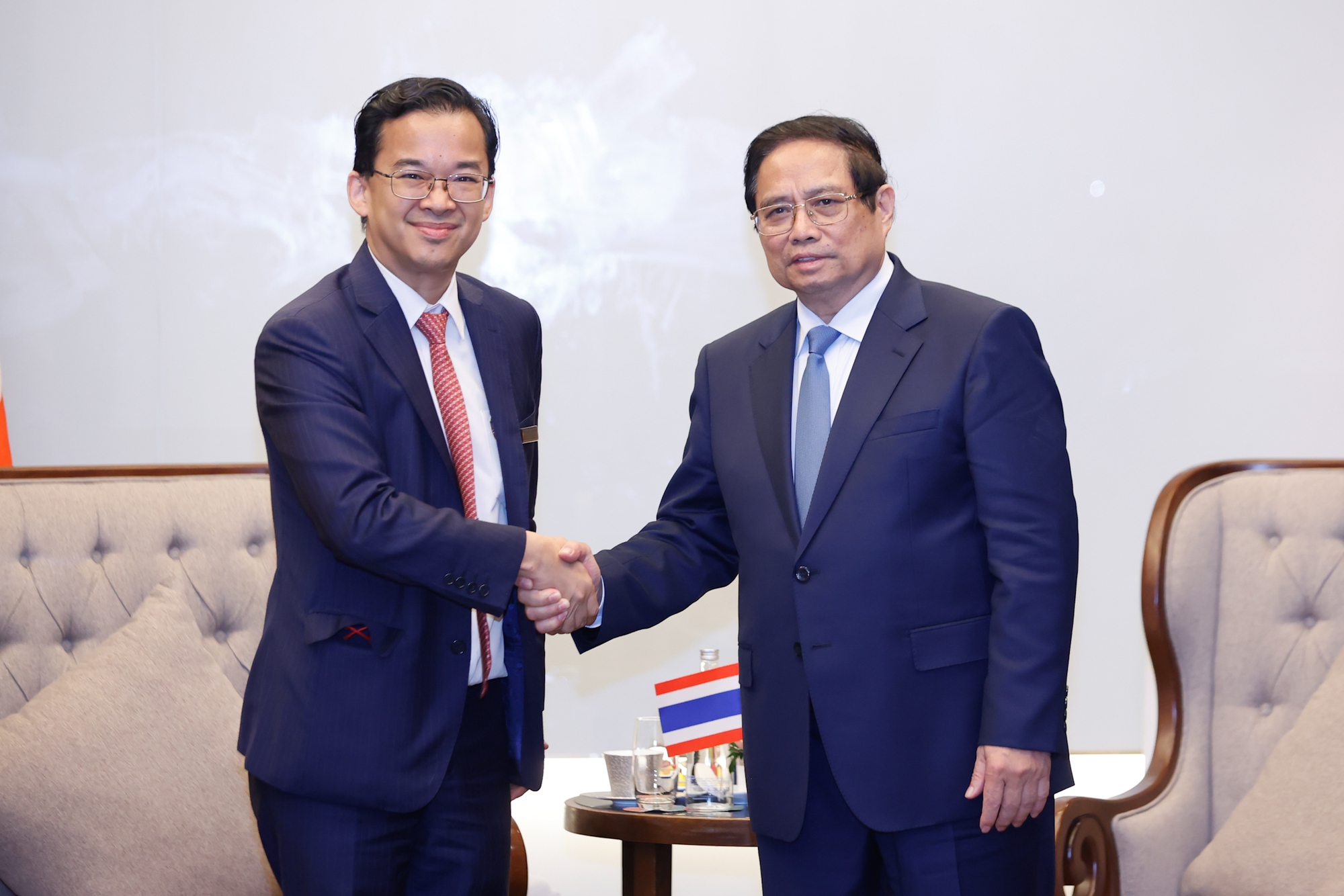
Prime Minister meets with Mr. Jormsup Lochaya, Chairman of Super Energy Corporation. Photo: VGP
Finally,
Super Energy
is Thailand’s leading energy corporation, specializing in renewable energy investments such as solar power, wind power, and biomass. In addition to Thailand, the corporation also operates in Vietnam, Laos, and Indonesia.
In 2024, two-way trade between Vietnam and Thailand reached over $20 billion, up 6.4% compared to 2023. The two countries are aiming for a trade value of $25 billion in the coming years, in line with the Vietnam-Thailand Joint Statement.
Up to now, Thai investors have invested in 767 projects in Vietnam, with a total registered capital of nearly $15 billion, ranking 9th out of 150 countries and territories investing in Vietnam. Conversely, Vietnam has invested in 22 projects in Thailand, with a total capital of nearly $35 million.
Over 1.5 Million Delegates Attend National Conference to Propagate and Implement Resolutions 66 and 68
“On Monday, May 18th, the Political Bureau and the Secretariat held a nationwide conference to promulgate and implement Resolution No. 66-NQ/TW, dated April 30, 2025, issued by the Political Bureau regarding the innovation of legal construction and enforcement to meet the country’s development demands in the new era. Additionally, they also discussed Resolution No. 68-NQ/TW, dated May 4, 2025, which focuses on the development of the private economy.”

